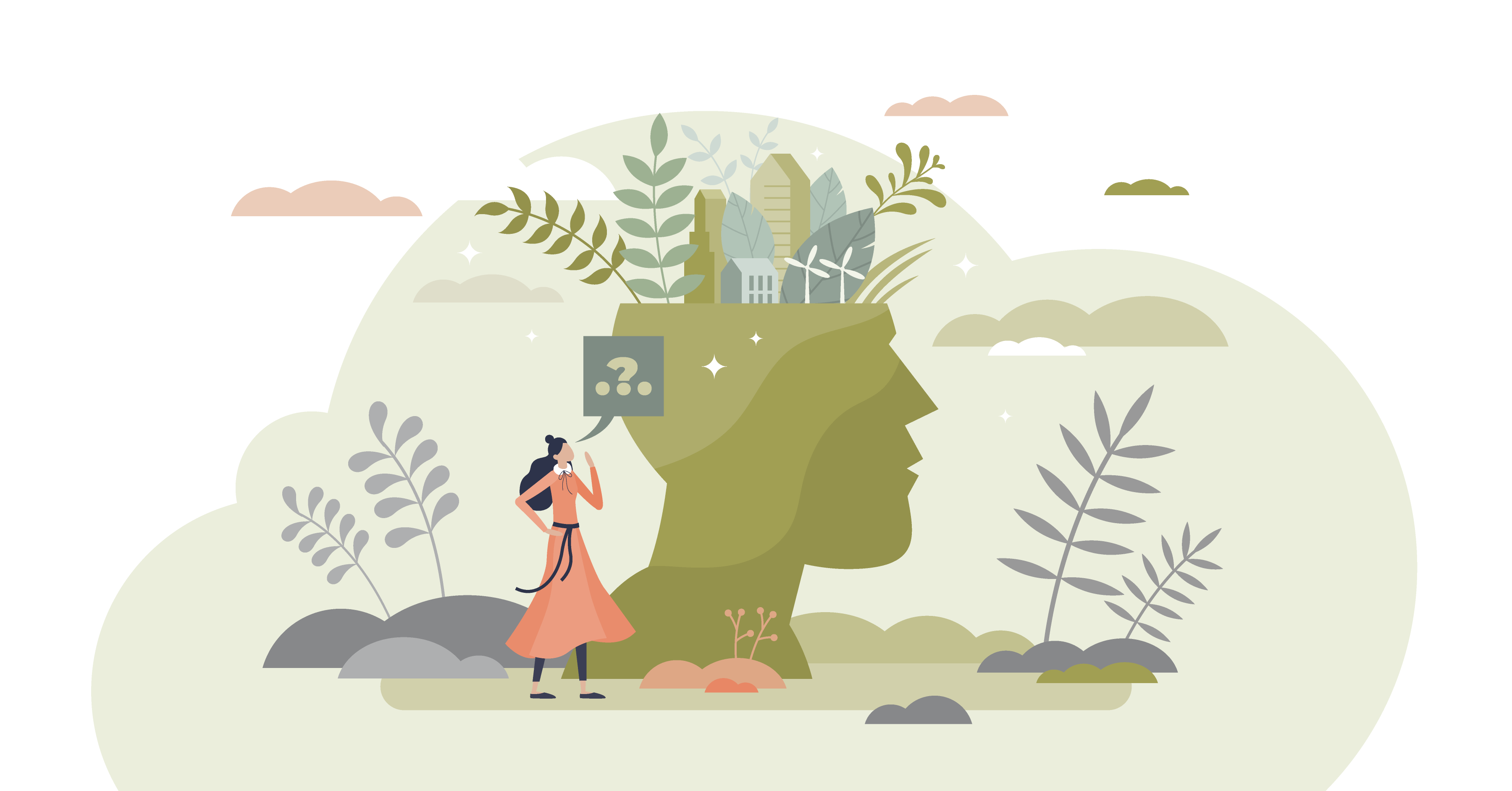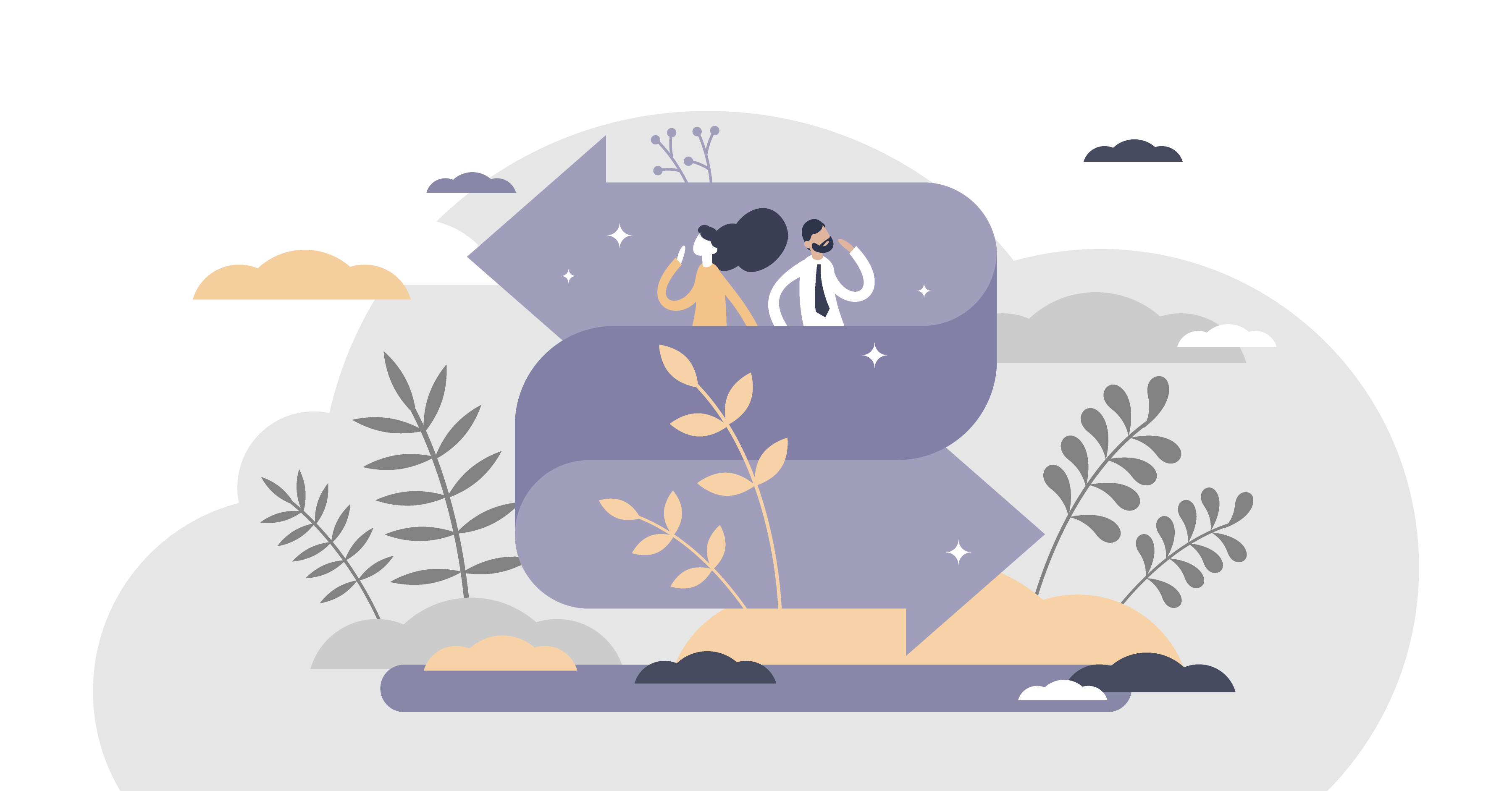Table of Contents
It doesn't matter where you are on your PhD journey, setting goals, or having one eye on the bigger picture, are essential when it comes to getting to the end of your studies. Your PhD goals should focus on:
- The specialised knowledge and skills you want to develop and ensuring you have evidence to support them
- Developing advanced research skills and project management
- Your novel and unique contribution to the world of research, however small it may be
In this post, I have outlined my overall PhD goal, my sub-goals and how these might map onto a monthly task list. I hope this example will help you in designing your own series of PhD goals.
This is the final part of a three part series I have written around goal setting.
Here are the first two posts:
1. Why goals and plans end up being like an all you can eat buffet
2. Where, what, why and how about goal setting
What are my PhD goals?
Part of the reason I want to let you in on my PhD goals, is because it gives me accountability. Accountability is one of the strongest motivators of achieving what you have set out to do. Accountability is not a way to identify blame for why something didn't work, it's about ownership and having a sense of personal purpose.
These goals may inspire you to set similar or different ones. You may find them helpful to see what I am expecting, so it can help set realistic expectations for yourself. The field you are in may dictate a little about some aspects, such as how many papers you aim to publish and how many conferences you attend. You can completely plagiarise them if you wish, but do make sure they are personal to you.
My Main Goal
Firstly, my main goal. I wanted this one to both be specific and not specific at the same time. It needed to have 'finish my PhD' but it also needed something else;
"Complete my PhD to a level by which I am employable afterwards"My main PhD goal
I like this goal because it has a link to after my PhD. However, it doesn't say specifically what I want to do after a PhD because that may change. It's important to set goals that are challenging, but don't box you in too much. If I had said '…to get a postdoc', I may decide half way through that I no longer want to continue in academia. What then? I might wonder what the point of the PhD is. This way the PhD is a thing unto itself that may or may not link to the job I have afterwards. I'm simply doing my PhD as a means to some kind of future employment. If that means I decide on a different career path, then the PhD has still added to that. But I still need to finish the PhD and actually get a job, so it's still a challenge.
My Personal Sub Goals List
To set sub goals and help answer these questions, the first thing I considered was, in an ideal world, what are all the areas that I need or want experience in? Compared to almost all jobs, a PhD comes with few responsibilities. Most of these responsibilities, you will put on yourself. It can help at this point to look at a few job descriptions. For me, this broke my main goal down into 5 main areas; 'Papers, Writing and Impact'; 'Funding'; 'Social'; 'Leadership and Academia' and 'Teaching, Reading and Learning'. In a perfect PhD world, we'd have all the skills in everything, but the reality is, we'll never be able to be the best at everything. Feel free to prove me wrong of course! Personally though it helps to have some focus. Otherwise shiny object syndrome is a real and present danger. Like I mentioned at the beginning, a PhD can quickly overwhelm with all the directions you'll get pulled in. Down the line when you have a million things on your to do list, your goals will help you decide where to reign it in.
For me to meet these 5 skills areas at least to some degree, I set 12 goals. [Square brackets are the categories they fit into] and (I've put in curly brackets where I'm at on a scale of 0-100%). Some fulfil more than one:
- [Papers and Writing; Leadership and Academia; Teaching, Reading and Learning] Write 3 papers, min 1 high impact (8%)
- [Papers and Writing and Impact] Write 100 blogs relevant to my PhD (15%)
- [Funding] Get 4 alternative funding sources (0%) - I think I need to reign this in a bit as it's quite high
- [Papers, Writing and Impact; Social] Get 5000 Twitter followers (29%) - this may seem vain, but it's related to research impact, obviously engagement is a better metric, but this is simpler to track for now.
- [Papers, Writing and Impact] Get 500 monthly blog views, at a min 15 per day (achieved for July and on track so far for September! I'm literally over the moon at this as this was a 3 year goal!)
- [Teaching, Reading and Learning] Become a mentor to at least 1 person and supervise at least 2 undergraduate students (35%)
- [Leadership and Academia; Social] Have a position of responsibility e.g. society/journal (0%)
- [Leadership and Academia; Teaching, Reading and Learning] Develop specialist area in soil physics and grassland ecology aka 'soil ecophysics'!? (25%)
- [Leadership and Academia; Social] Attend and present at 4 subject-specific conferences with at least 1 talk (40%)
- [Teaching, Reading and Learning] Read and review to 'high' 2 papers per week - this is the tag I give papers in Obsidian to say that I've read them in detail. (40% likely…) - I've skimmed plenty of literature for the bits I need but not read one in detail for a few weeks…
- [Teaching, Reading and Learning] Read 2 non-fiction, soft-skills books per month (60% likely) - June and July yes, August nope
- [Papers, Writing and Impact] Take 1 competition-worthy or presentation worthy image per month (50% likely)
So as you can see progress is happening. Some not as fast as I'd like. I feel that if I achieve all this by the end of my PhD, I'll do OK!
My Monthly Goals For September 2022
I can then set a monthly priority list. I really like to put the amount of days things will take. It can be pretty eye opening when doing this. I bet you'll find that the number of days you need, is greater than those available.
As an example, here's my monthly goals for September 2022 (22 working days, technically 18 for me) :
- Launch field trial (2 days) -> Deadline 2nd September 2022 -> DONE
- Collect baseline measurements of field trial (3 days) -> Deadline 23rd September 2022
- Scan initial core conditions for greenhouse and field trial buried cores (3 days)
- Mentor scheme training and initial meetings (1 day) -> Training 5th September 2022, meetings TBC
- Demonstrating for stats course (2 days); 3hrs Tuesday and Friday afternoons + prep time
- Start greenhouse experiment (5 days)
- Add graphs and tables to paper and finish off introduction (3 days)
- Take a few days off (4 days); Deadline 30th September 2022
- Publish two blog posts per week (3 days); Deadline 30th September 2022
- Impact in 60 Seconds for QUADRAT induction event (1 day); Deadline 30th September 2022
Do the math and it adds up to too much to do, and it probably is. But there are things that can be done concurrently. Plus I don't write my blog posts in work time (unless I'm feeling really lazy or ill that day). I'm overdue to take a few days off, so these will definitely be taken!
I find having deadlines at the monthly level really helpful as I can structure flexibly around these.
Breaking These Down Into Weekly Tasks
If you wish you can break these down further into weekly tasks. It's a little bit beyond what I want to cover in this post. That and I'm not very good at managing weekly tasks! I find allocating tasks at the weekly or daily level a little too time consuming. I'd rather be actually doing the things. I'm also not very good at task switching so tend to batch things. That being said, I also like to start certain things and let them stew for a while. For example the presentation I have to do above, might be prepared mainly on one day, but I'll revisit every few days to make sure I'm still happy with it. The daily tasks also depend on my mood or how I'm feeling on a certain day.
My 'to do' list takes various guises including in a desk diary, post-its, random notebooks and outlook calendar. If I'm working on an experiment where there are key chronological steps, then I will dive into TickTick (<- referral link) as a task management app to help me structure them out.
At some point, we'll talk in more detail about weekly and daily tasks, but for now, I hope that this has been useful. If you'd like some accountability too, stick your goals down below. I'd love to hear yours.
If you want to read more around my goal setting processes, here are those first two posts again:
1. Why goals and plans end up being like an all you can eat buffet
2. Where, what, why and how about goal setting









Comments